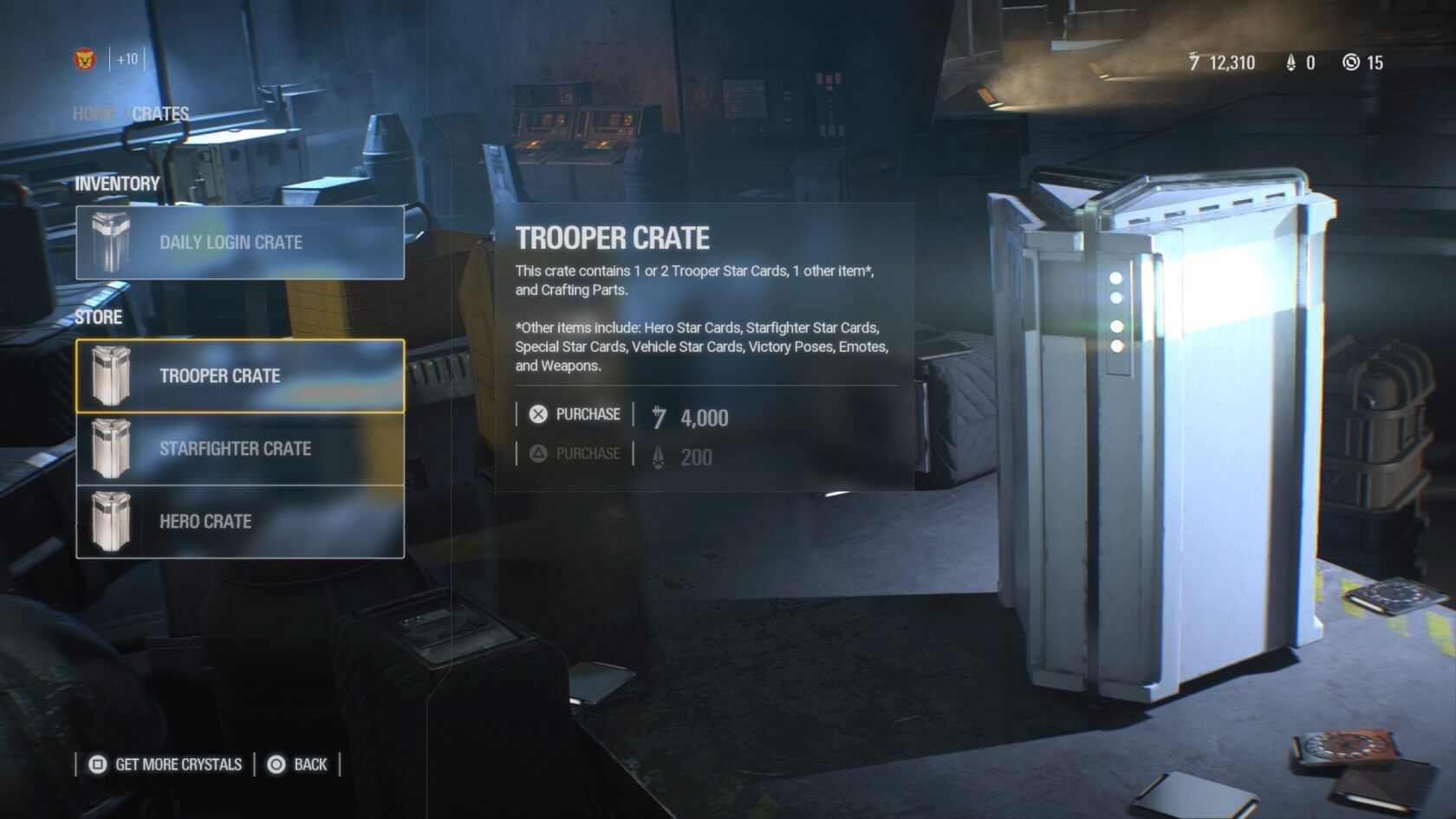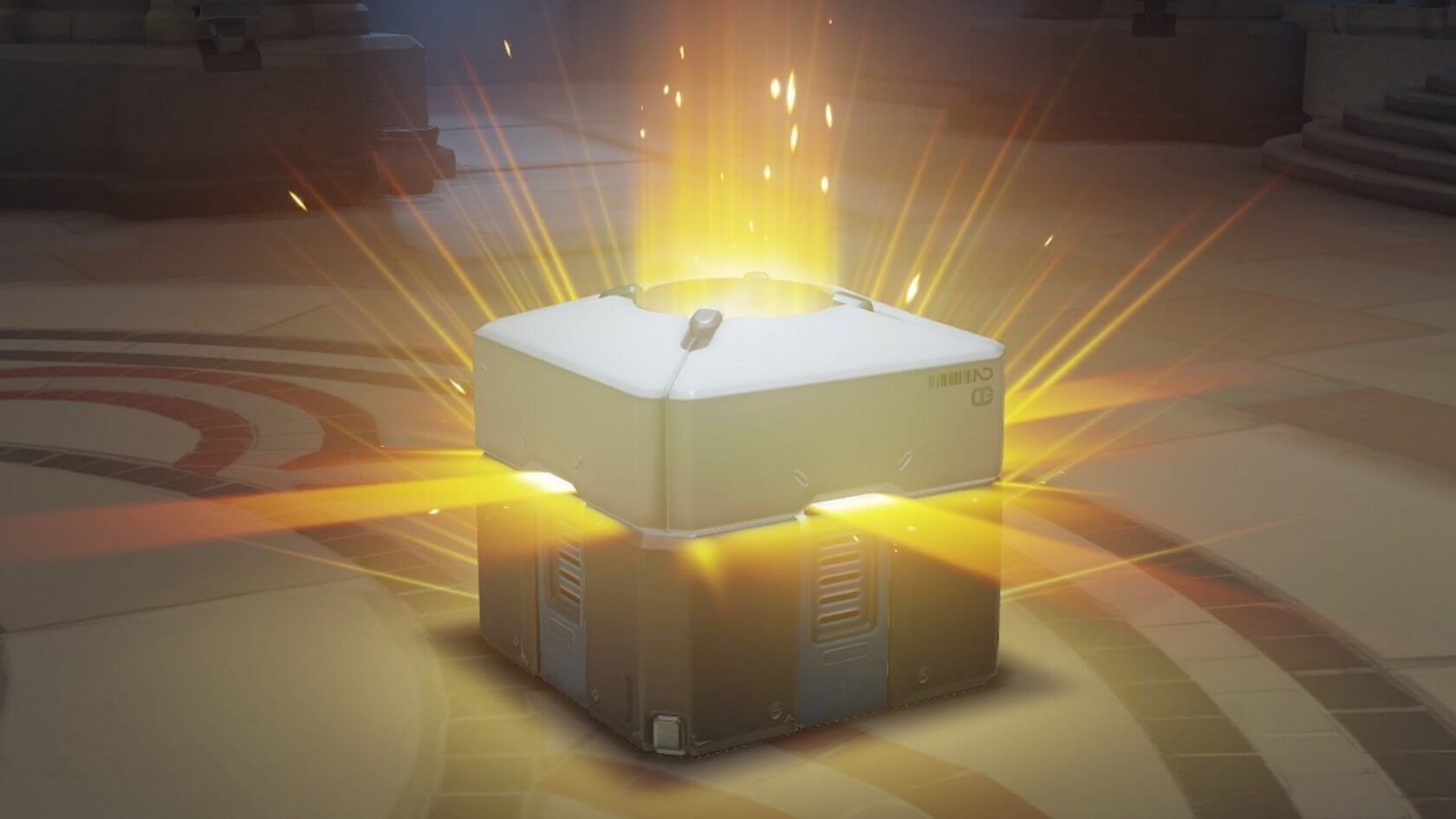Big quote: "By not taking significant action as an industry and global game developer community to self-regulate how loot boxes are used, we run the very real risk that governments around the world will take that action for us." International Game Developers Association (IGDA).
Loot boxes are arguably one of the most controversial forms of microtransactions in modern AAA games. Some players are fine with them provided they contain only cosmetic rewards – a la Overwatch – whilst others despise them in any form.
No matter where you stand on the loot box spectrum, this year's controversy surrounding the launch of EA's Star Wars: Battlefront II proved that gamers at large will not stand for "pay-to-win" microtransactions; especially not when they come in the form of randomized rewards, as the title's loot box-based "Star Cards" system did.
The Battlefront II debacle sparked a much larger global debate about the nature of loot boxes in games.
As a result of this debate, several countries have begun to investigate some of the most popular loot box-ridden titles – such as NBA 2K, Overwatch, and Heroes of the Storm – to determine whether or not their microtransaction systems run afoul of existing gambling laws.

Belgium and the Netherlands, for example, have both banned loot boxes in select games, while other countries (including the US) are still investigating, or planning to investigate the matter.
Naturally, government regulation is the last thing the game industry wants. However, its inability or unwillingness to police itself when it comes to loot boxes may force the situation out of their hands.
Indeed, that's precisely what the International Game Developers Association warned the industry about in a blog post published yesterday. The post, dubbed "Call to Action: Loot Boxes," claims that recent investigations into loot boxes in games should be a "clear wake-up call" to publishers and developers everywhere.
"By not taking significant action as an industry and global game developer community to self-regulate how loot boxes are used, we run the very real risk that governments around the world will take that action for us,"
"By not taking significant action as an industry and global game developer community to self-regulate how loot boxes are used, we run the very real risk that governments around the world will take that action for us," writes IGDA Executive Director Jen MacLean.
MacLean adds that such action could lead to the creation of "significantly restrictive laws" that may impact "any random reward elements" in video games.
To remedy the situation, MacLean advises the industry to take the following steps immediately:
-
Affirm an industry commitment to not market loot boxes to children
-
Clearly disclose the odds of different rewards when purchasing loot boxes (as many games already do to comply with Chinese law)
-
Launch a coordinated education campaign that boosts awareness of the parental controls that are available to appropriately limit how players engage with games
Only time will tell whether or not the gaming industry will follow MacLean's advice, but if EA's recent decision to fight Belgium's anti-loot box demands is anything to go by, it's not looking all that likely. If the company wins, other publishers may choose to follow suit.
After all, loot boxes are a major source of cash for AAA game studios. Anything that jeopardizes that income will likely be rejected or heavily scrutinized.
